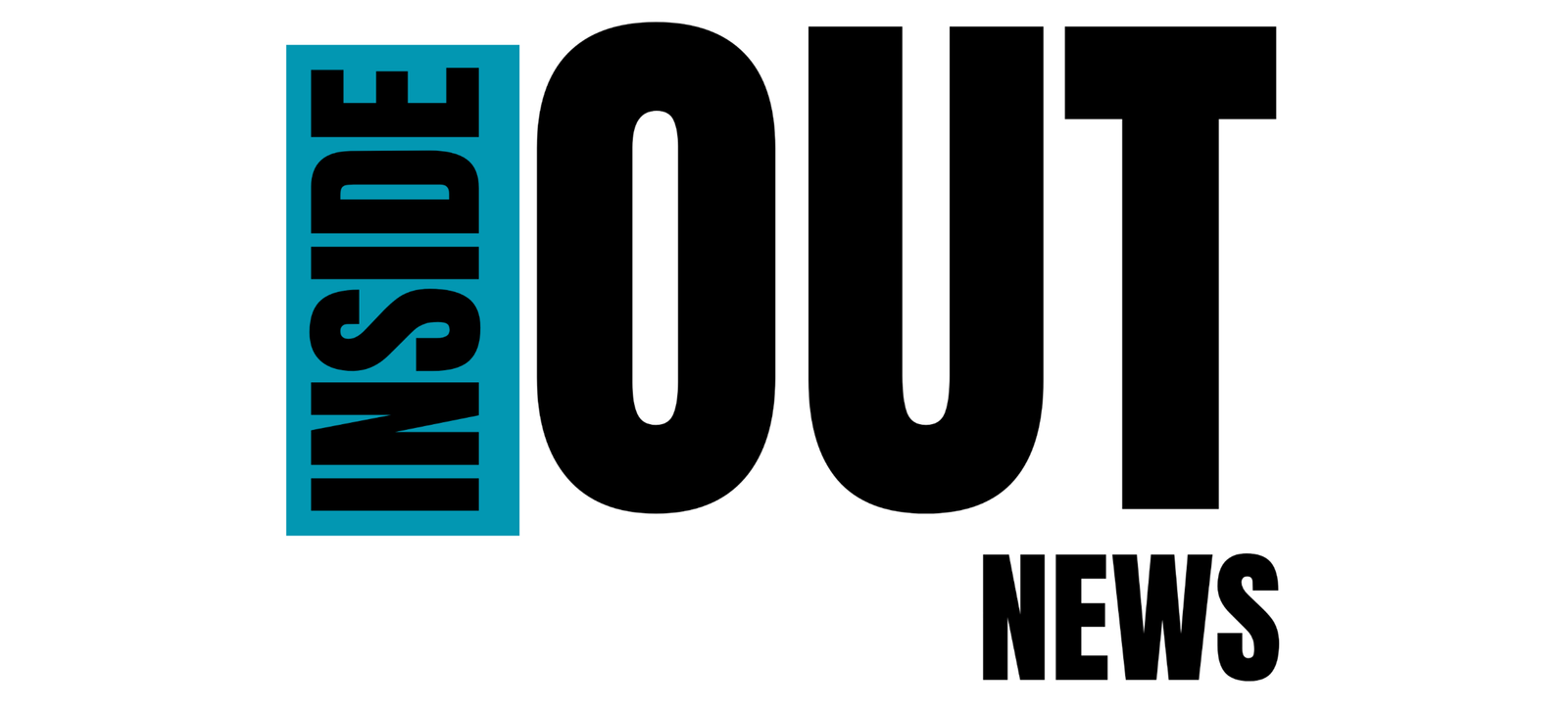The Dangers of Misinformation: Examining Elon Musk and Donald Trump’s Influence

In an era where information is at our fingertips, the spread of misinformation by influential figures like Elon Musk and Donald Trump poses significant risks to public trust and democracy. This article explores how these two figures have contributed to the spread of misinformation, examining the implications of their actions on society and the ethical concerns surrounding their influence.

Elon Musk, the CEO of Tesla and SpaceX, and Donald Trump, the former President of the United States, are two of the most influential figures in the world. Their statements and actions have far-reaching impacts. Misinformation refers to false or misleading information spread regardless of intent. It can distort public perception, influence political decisions, and undermine trust in institutions.
One notable incident involves Grok AI, developed by Musk’s xAI. The AI was found to censor unflattering mentions of Musk and Trump. This raises concerns about bias in AI and the potential for technology to manipulate public opinion. The implications are significant, as biased AI can shape narratives and influence public perception in ways that are not transparent to the general public.
During Trump’s administration, Musk’s companies benefited from reduced federal regulations. This situation highlights potential conflicts of interest and ethical concerns about the influence of political connections on regulatory practices. The reduction in regulations allowed Musk’s companies to operate with fewer constraints, potentially prioritizing corporate profits over public safety and environmental concerns.
The Trump administration’s decision to halt federal research on space pollution, which could benefit Musk’s SpaceX and Starlink, is another example. This decision prioritizes corporate interests over environmental concerns, raising ethical questions. The lack of research on space pollution could have long-term detrimental effects on the environment, affecting not just space but also Earth’s ecosystems.
The spread of misinformation by influential figures like Musk and Trump erodes public trust in technology and political institutions. When leaders and innovators disseminate false or misleading information, it undermines the credibility of the information ecosystem. This erosion of trust can lead to a more polarized and misinformed public, making it harder to address critical issues effectively.
Misinformation can have wide-ranging consequences, including undermining democracy, distorting public discourse, and influencing policy decisions. It can create an environment where facts are overshadowed by falsehoods, making it difficult for citizens to make informed decisions. This, in turn, can lead to policies that do not reflect the best interests of the public.
Some may argue that Musk and Trump are simply exercising their freedom of speech or that their actions are misinterpreted. However, the responsibility that comes with their influence cannot be ignored. The tangible harm caused by misinformation, as evidenced by the examples provided, demonstrates the need for accountability.
Using data and expert opinions to refute these counterarguments strengthens the case against the spread of misinformation. For instance, studies have shown that misinformation can significantly impact public health, political stability, and environmental sustainability.
In conclusion, the spread of misinformation by Elon Musk and Donald Trump poses significant risks to public trust and democracy. Addressing this issue requires a concerted effort to promote transparency, accountability, and critical evaluation of information. By doing so, we can help ensure that the information ecosystem remains robust and trustworthy.


